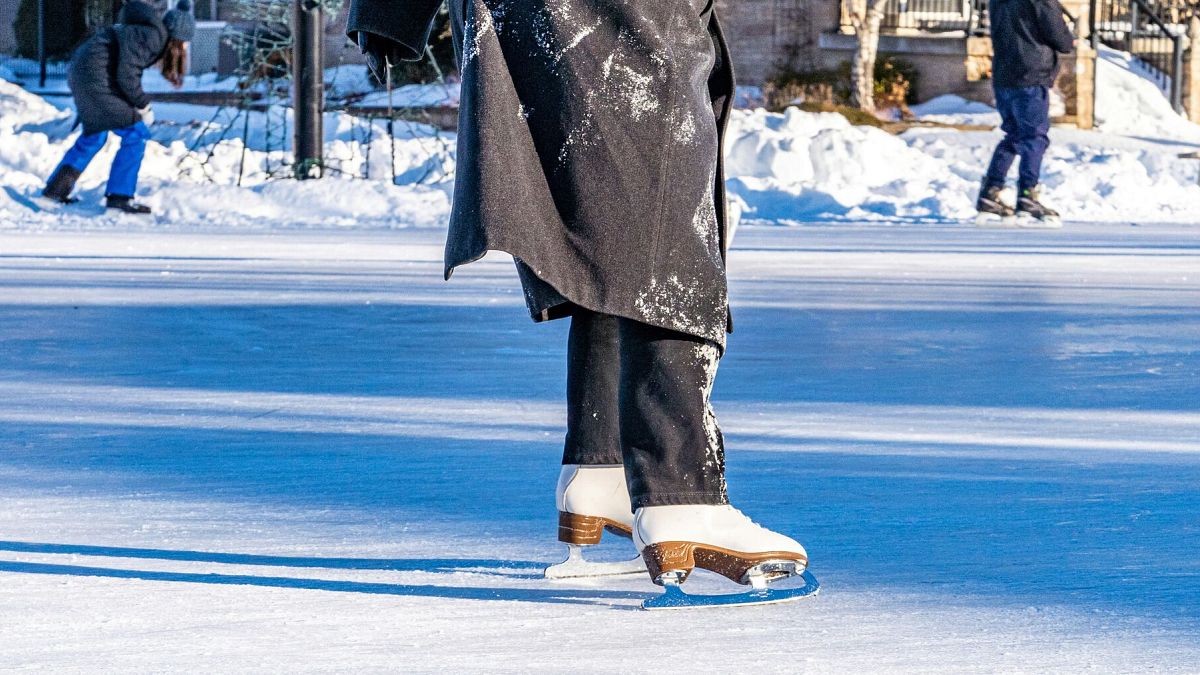From the Alaskan Iditarod to the Winter Olympics, climate change has put many winter sporting traditions at risk. While some have managed to adapt to rising temperatures and unpredictable snowfall, a time-honoured Dutch tradition may be gliding toward extinction. The Elfstedentocht – or “Eleven Cities Tour” – is a legendary 200-kilometre ice-skating race and leisure tour that winds through naturally frozen canals in the northern Friesland region of the Netherlands.
But 2025 will mark 28 years since the last event was held. According to new climate research, the odds of it happening again are shrinking fast. The Elfstedentocht requires perfect conditions to take place.

It must be enough, for long enough, for the ice to become 15 centimetres thick along the entire course so that it can accommodate the pressure of the 15,000 amateur skaters who join the event. For that thick, stable to form, there must be at least 15 consecutive days of sub-4.2 °C weather – combined with dry conditions.
In the 20th century, an Elfstedentocht could be expected every four to five years. According to a new study published in Climate Change, the Elfstedentocht might now take place just once every 32 years. Hans Visser and Arthur Petersen, two researchers who worked with the Royal Netherlands Meteorological Institute (KNMI) on this study, warn that a wreaking havoc on weather patterns has made the ideal conditions increasingly elusive.
Since its official founding in 1909, the Elfstedentocht has only been held 15 times, with the most recent in 1997. In the decades since, there have been several “close calls,” including a near-run in 2012, but the were never quite enough. “We still have the occasional outlier.
Like in 2012, when it almost came to an Elfstedentocht,” Hylke de Vries of the KNMI told de Volkskrant. “But then the winter in the weeks before hadn’t been very cold, and the water was still relatively warm. Then it takes a few extra days for everything to freeze over.
Snowfall can also lead to ice, but the ice doesn’t get thicker quickly.” Other models using different forecasting techniques are slightly more about the Elfstedentocht. The KNMI estimates that optimal conditions might occur once every 14 years.
But researchers agree on one thing: without significant cuts to emissions, the Elfstedentocht may become a relic of the past. If are drastically reduced, the chance of an Elfstedentocht will remain approximately the same as now in the decades to come. If emissions increase, there may not be another Elfstedentocht after the end of this century, according to the study.
“The chances of [proper conditions] decrease with global warming, no matter how you calculate that chance,” said de Vries. The Netherlands is far from alone with the wintry disruptions it faces. Across Europe and beyond, have become increasingly vulnerable to climate change.
A 2024 report by the World Meteorological Organization found that only 10 countries will have a outlook for snow sport events by 2040. Activists have also drawn attention to how ski resorts and sporting events are contributing to the problem, not just suffering from it. Last year, a group calculated that Audi’s of the Ski World Cup would contribute 103,000-144,000 tonnes of carbon dioxide equivalent emissions to highlight environmental contradictions.
Meanwhile, alpine regions are investing heavily in – a money-, energy- and water-intensive process – and other infrastructure improvements to maintain ski seasons. But for events like the Elfstedentocht, there’s no artificial fix. It’s natural ice or nothing.
.
Environment

On thin ice: Why this legendary Dutch skating race may never happen again

In the 20th century, the Elfstedentocht could be expected to take place every four to five years.















